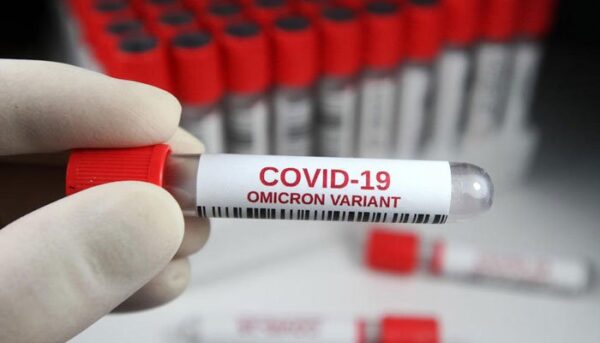A week before a gathering of Quad leaders in Washington DC, the Biden administration, on September 15, announced a replacement trilateral security partnership for the Indo-Pacific, between Australia, the U.K. and the U.S. (AUKUS). As a part of this, Australia will acquire nuclear-powered submarines with help from the U.K. and the U.S.
The trilateral grouping was formally announced by Australian Prime Minister Scott Morrison who joined U.S. President Joe Biden at the White House via video-link. British Prime Minister Boris Johnson also participated within the launch via video link.
“The way forward for the Indo-Pacific will impact all our futures,” Mr. Morrison said, adding that AUKUS will enhance Australia’s contribution to its other partnerships, including the Quad.
“We got to be ready to address both the present strategic environment within the region, and the way it’s going to evolve, because the longer term of every of our nations — and indeed the planet -depends on a free and open Indo-Pacific enduring and flourishing within the decades ahead,” Mr. Biden said.
There was no divide separating the interests of America’s Atlantic and Pacific partners, he said, adding that the U.S. would work with other partners — like the Quad and ASEAN — within the region. Mr. Biden also singled out France for its growing presence within the region and role in strengthening security there.
Speaking to reporters before the announcement , a senior administration official outlined a trilateral grouping that was security focused, suggesting it had been different from – but complementary to – arrangements like the Quad.
18-month plan
The nuclear powered submarines are going to be inbuilt Adelaide, Mr. Morrison said, in close cooperation with the U.K. and the U.S.. Officials said the 18-month project to deliver the primary fleet, would help Australia acquire submarines that are quieter than their conventional counterparts but also more capable of being deployed for extended periods and wanting to surface less frequently.
“But let me be clear: Australia isn’t seeking to accumulate nuclear weapons, or establish a civil nuclear capability,” Mr. Morrison said.
Mr. Biden emphasised that the submarines would be conventionally armed.
“Only a couple of nations , possess nuclear powered submarines, and it’s a momentous decision for any nation to accumulate this formidable capability,” Mr. Johnson said, as he highlighted the utilization opportunities the partnership would create for Britons.
If the new partnership lives up to its promise, it might be a “game changer” for the region , consistent with Arzan Tarapore, a South Asia security expert and Stanford University scholar.
“ Alongside India’s stated intent to accumulate more nuclear-powered submarines, it’ll amount to a step-change increase within the Quad’s undersea and anti-submarine warfare capabilities,” Mr. Tarapore told The Hindu.
AUKUS also will involve a replacement architecture of meetings and engagements between the three countries, also as cooperation across emerging technologies (applied AI, quantum technologies and undersea capabilities).
Tensions are high between Australia and an increasingly assertive China, its largest trade partner. Australia banned Chinese telecom giant Huawei in 2018 and Mr. Morrison involved an investigation into the origins of COVID-19 last year. China retaliated by imposing tariffs on or capping Australian exports.
However, as within the case of the Quad, U.S. officials denied the partnership was a response to China.
Peace and stability
“I do want to only underscore very clearly this partnership isn’t aimed [at] or about anybody country , it’s about advancing our strategic interests, upholding the international rules based order, and promoting peace and stability within the Indo-Pacific,” a politician said on Wednesday.
The initiative, officials said, is in response Australia eager to intensify its game with reference to maritime security within the Indo-Pacific region. The partnership was also a “down-payment” the U.K. was making on its decision to interact more deeply with the Indo-Pacific, as per one official, who said the partnership was a “fundamental decision…that binds, decisively, Australia to the us and Great Britain for generations.”
Asked about extensions of this trilateral framework within the future, an administration official said AUKUS was “very rare” and a “one off” which the U.S. sharing this type of technology on nuclear powered submarines had been done just one occasion before — with the U.K. and almost 70 years ago.
“I don’t anticipate that this may be undertaken in other circumstances going forward,” the official said.




